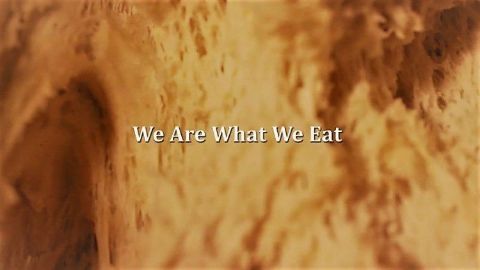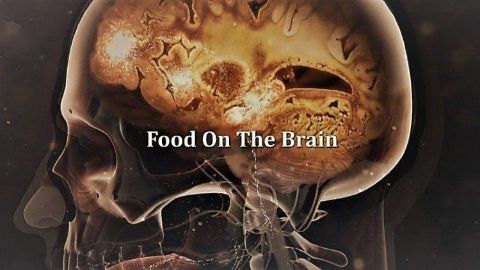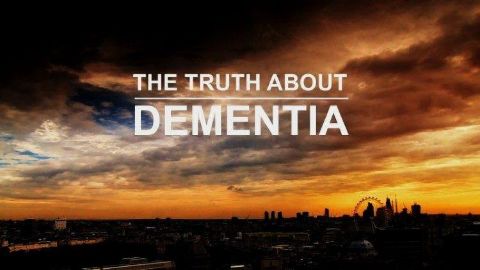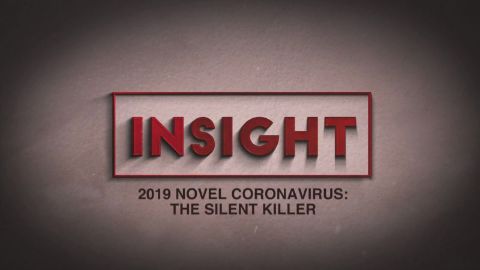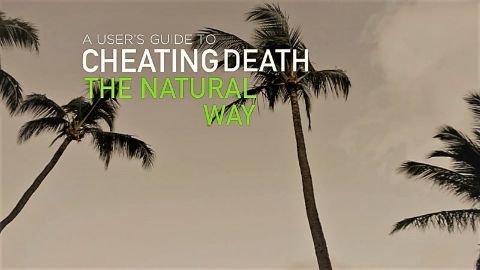Food On The Brain • 2017 • episode "S1E3" • The Secrets of Your Food
Michael Mosley and James Wong explore the effect that our food has on our most important and, in terms of energy consumption, our greediest organ. It influences our diet by generating cravings for foods such as fat - the most energy-rich food of them all. James heads off to Peru to reveal the surprising link that fat-rich, indulgent chocolate has with breast milk. Sometimes these cravings almost become an addiction - like coffee for example. So we visit a remarkable lab where a team is studying the effect of caffeine on bees and how that may help explain the hold that caffeinated drinks have over us. Together, Michael and James take on some of the hottest chillies on the planet to show what the burn does to our brains. Using the latest imaging techniques and incredibly detailed specialist photography, this is a whole new way of thinking about our relationship with food and the powerful effect it has on our minds.
Make a donation
Buy a brother a hot coffee? Or a cold beer?
Hope you're finding these documentaries fascinating and eye-opening. It's just me, working hard behind the scenes to bring you this enriching content.
Running and maintaining a website like this takes time and resources. That's why I'm reaching out to you. If you appreciate what I do and would like to support my efforts, would you consider "buying me a coffee"?
Donation addresses
BTC: bc1q8ldskxh4x9qnddhcrgcun8rtvddeldm2a07r2v
ETH: 0x5CCAAA1afc5c5D814129d99277dDb5A979672116
With your donation through , you can show your appreciation and help me keep this project going. Every contribution, no matter how small, makes a significant impact. It goes directly towards covering server costs.
